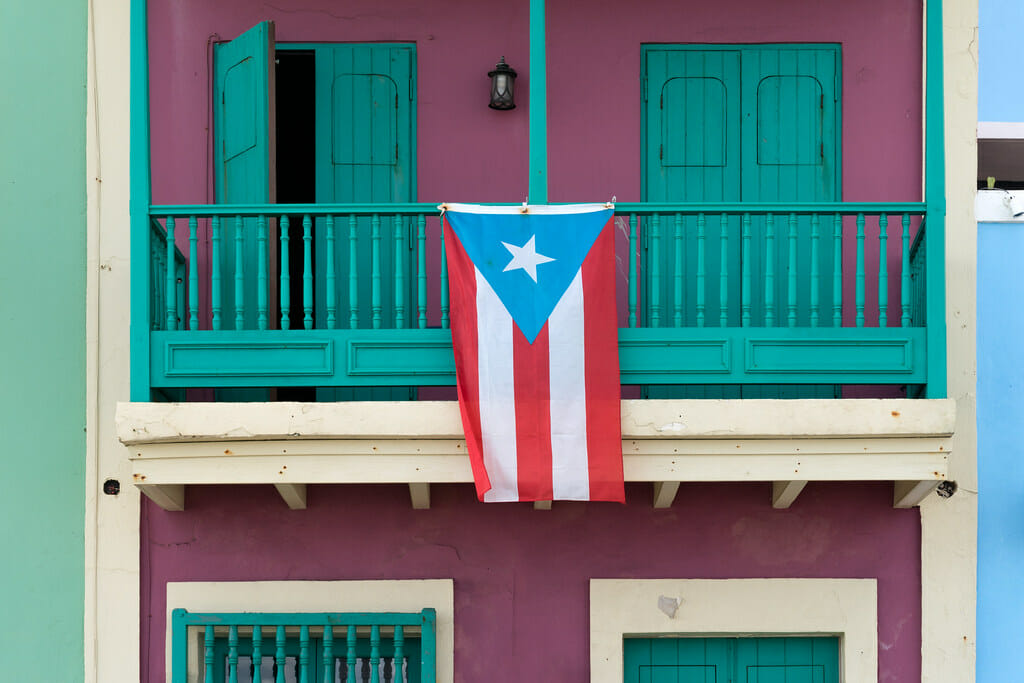“They are hunting us and they are killing us,” Pedro Julio Serrano told media at a press conference this week to denounce anti-LGBTQ violence in Puerto Rico. At least ten people have been killed in 15 months on the U.S. Territory, said Serrano who is Executive Director of Puerto Rico Para Tod@s and a spokesperson for the Broad Committee for the Search of Equity, or CABE in Spanish.
The recent and shocking deaths of two transgender women, Serena Angelique Velázquez Ramos and Layla Peláez Sánchez, who were burned to death in a car, led to the most recent call to action, which GLAAD and a number of other national organizations joined. Two suspects were arrested in connection to the deaths of Velázquez Ramos and Peláez Sánchez, both of whom reportedly lived in New York and were visiting Puerto Rico.
Previously, only one murder case had been solved and that, said activists, was because it occurred in a jail where a transgender woman, Penélope Diaz, was placed in a cell with a male prisoner who fatally strangled her. Diaz was initially misgendered by authorities and media, which was only corrected after a strong push from Puerto Rican LGBTQ community members.
Authorities in Puerto Rico do far too little to investigate or speak out against anti-LGBTQ violence, Serrano said. “Not even condolences from the governor, for the families,” Serrano noted, as no statement been made by the government about the ongoing wave of anti-LGBTQ violence.
“The recent news of two transgender women burned to death in Puerto Rico is horrifying,” said Monica Trasandes, GLAAD’s Director of Spanish-Language and Latinx Media & Representation. “The acts of violence being committed against LGBTQ people in the past several months shows a disturbing pattern of hate that cannot be ignored. Media must pay attention and address the epidemic of violence disproportionately targeting trans people of color across the world, the United States, and in Puerto Rico until everyone can live their lives safely and without fear in their communities.”
Attendee Carmen Velaz Vega shared at the press conference, “These are crimes that are structural, violence that is structural and the government is responsible for dealing with this at all levels.” Her statement is one common among many activists who insist that it should fall on authorities, rather than the LGBTQ community, to push for investigations on whether an act of violence is a hate crime. Others emphasized that evangelical groups using rhetoric that vilifies LGBTQ people help foment anti-LGBTQ violence.
Several attendees have noted that this is not the first press conference to bring up the violence and fear that has been the status quo for queer, and especially transgender, Puerto Ricans. Natasha Alor told reporters that the experience of being quarantined due to coronavirus can shed some light to those outside the community on what everyday life is like for trans people who have felt afraid to leave home for many months.
Ivana Fred Millán, one of the event co-organizers, perhaps encapsulated best what many attendees of the press conference were feeling about the situation in their community: “No one should live in fear.”













